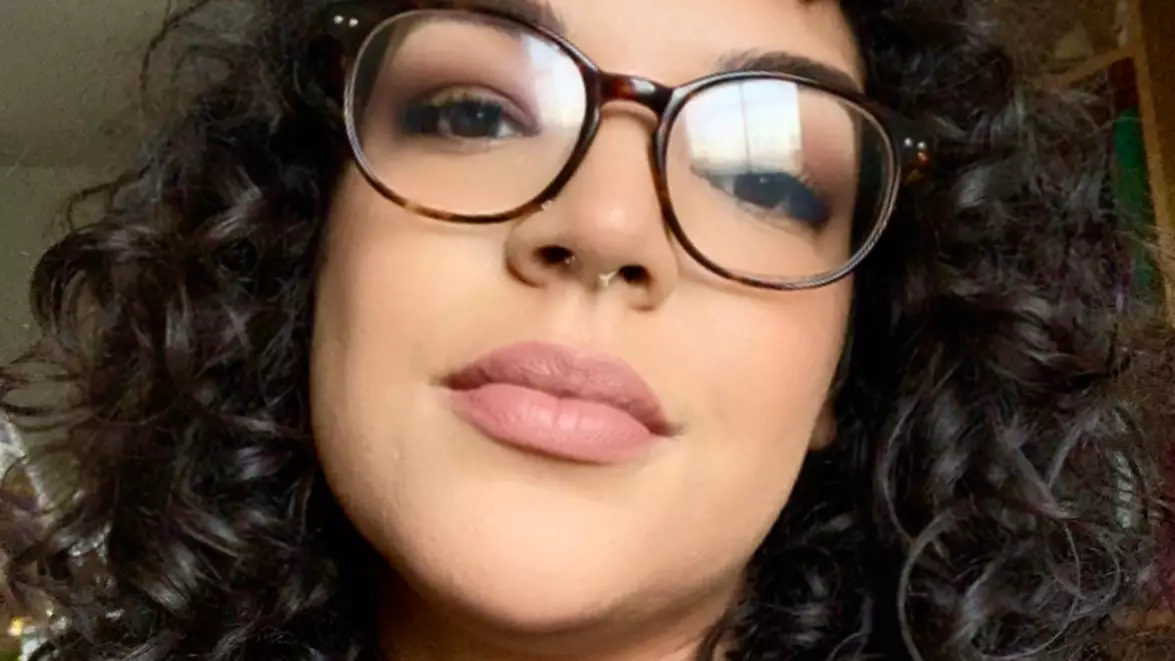
When we think of attention deficit hyperactivity disorder (ADHD), we might imagine a 10-year-old boy tearing around the room, wide-eyed and talking at a thousand words per minute.
It's probably the most common ADHD-sufferer we're exposed to in the media, but the development disorder - including symptoms of trouble focusing, impulsiveness, disorganisation, poor time management and low frustration tolerance - is actually more common in adults than you think.
ADHD is considered to predominantly effect children, and mostly boys. In most cases, ADHD is diagnosed between the ages of six and twelve and the condition is thought to improve into adulthood.
Advert
For these reasons, the condition often goes undiagnosed in adults.
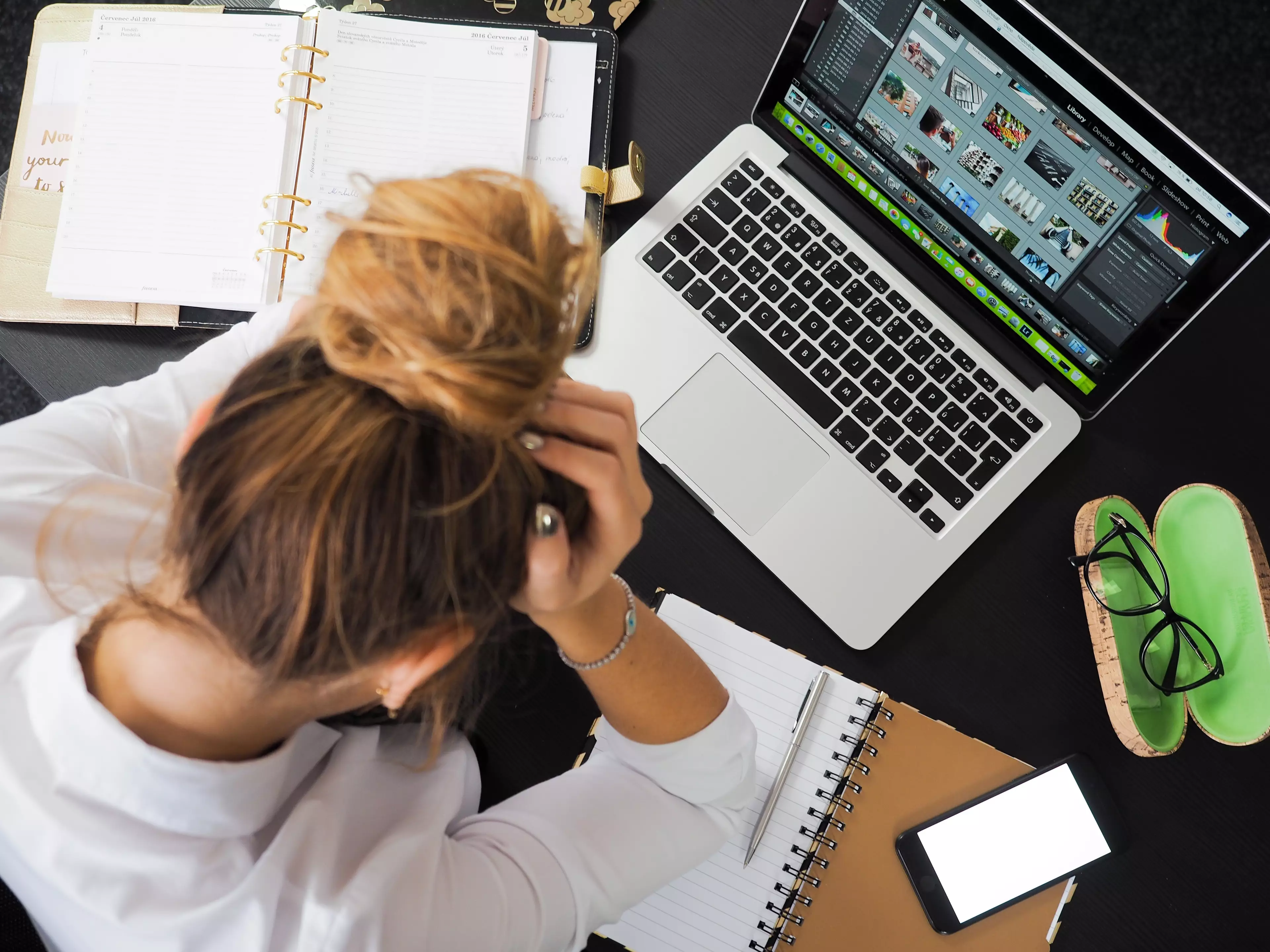
There is a lack of research into adult ADHD, which is why it's often misdiagnosed or flies under the radar altogether for patients of a certain age. According to ADHA Action, roughy 1.5 million adults in the UK have the condition, but only 120,000 are diagnosed.
One woman who knows this all too well is Lauren Mitchell Males, 32, from South East London.
Advert
Lauren was diagnosed with ADHD Primarily Inattentive (ADHD PI, also known as ADD) in 2018 when she was 31. ADHD PI is a different form of the neurobiochemical condition, whereby the hyperactive or excessive restlessness part (the 'H') is missing.
People with ADHD PI can be completely calm and undisruptive, which is why this type of the condition is often missed in boys because people expect hyperactivity. Instead, children with the condition are presumed to be simply slow or quiet, but usually excel in other areas.
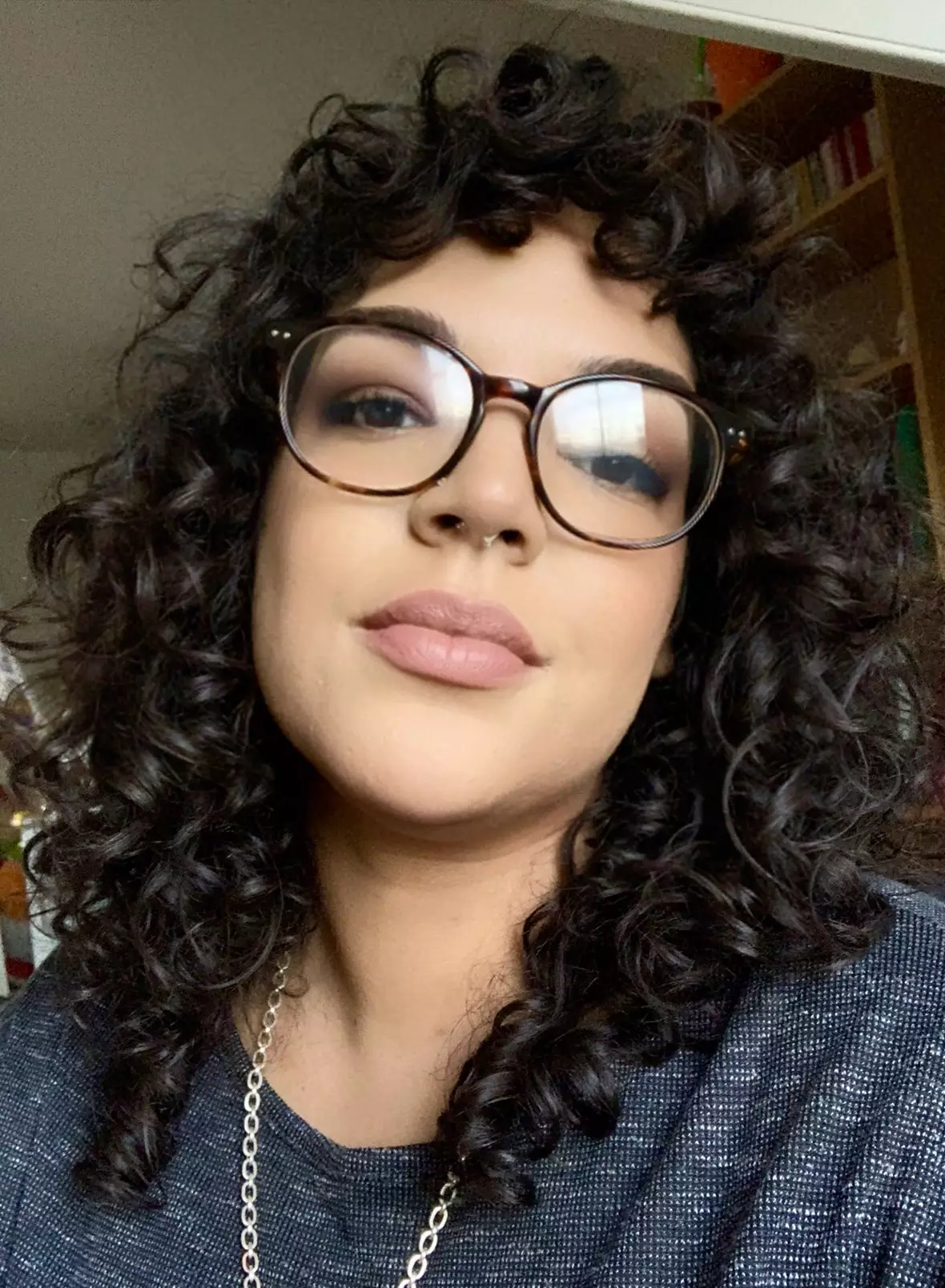
Senior digital strategist Lauren explains that as a child she was always considered a "daydreamer" who was "more interested in books and making up games in my head than doing anything else."
Advert
"My school reports always came back with comments saying that I was bright but needed to focus more and 'apply' myself, and that I often spaced out when people were talking to me," she tells Pretty52.
"My room always looked like a bomb had hit it, and if I tried to tidy I would get distracted by books or other items, and had a really bad habit of trying to clear my floor by putting piles of things on my bed.
"It's always been a point of shame for me, I always tried as hard as I could to tidy but I got so overwhelmed and frustrated and couldn't concentrate. I still have issues now."
When Lauren was 16, she found out what ADHD was, but discovered that the treatment for adults was antidepressants, which she didn't want to be on, so chose to ignore her suspicions that she could have it. It was when she was 18 that her aunt, who studied psychology, pointed out that she exhibited lots of signs.
Advert
"I wouldn't really talk about it, because although I was convinced I was worried that if I got assessed and they told me I wasn't ADHD it would just mean I was what I always thought I might be - a lazy f*ckup," says Lauren.
While ADHD symptoms in adults are similar to those of children, additional ones can include: starting new tasks before finishing old ones, poor time management, inability to prioritise, continually losing or misplacing things, taking risks and disregarding safety, such as driving dangerously.
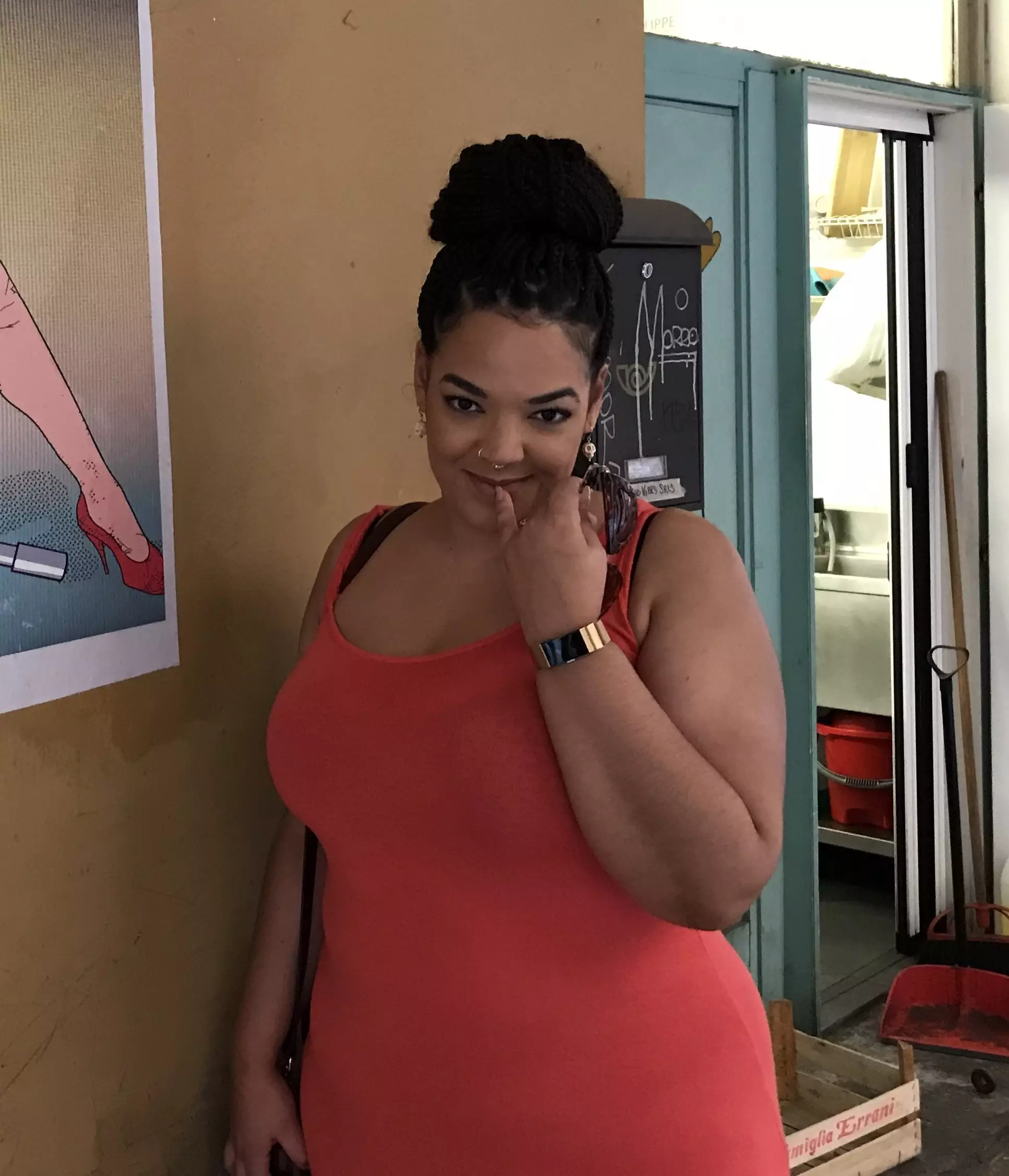
Lauren finally decided to get an official diagnosis in October 2018 when she realised her condition was affecting her life in ways bigger than she first thought, even losing her a job.
"My boss told me he found my performance erratic: some days I would be at 110 per cent, blasting through work and other days I would be scrabbling to get stuff done, making small mistakes like not finish sentences or forgetting a task I had to do," she explained.
Advert
"I have had depression since puberty, and I started to realise that it was directly related to my ADHD. I hated myself because I couldn't be a 'normal' person, and found everything difficult. Everything was overwhelming and I just felt like a failure constantly."
The pin drop moment came when Lauren watched a TED Talk with a woman named Jessica McCabe who runs a YouTube channel called How To ADHD.
"I cried halfway through because it felt like she could have been saying my life story," says Lauren. "I showed it to my family and they all agreed at how much similarity there was between us."
When Lauren eventually took the plunge to see a doctor, it wasn't plain sailing. Lauren was told the NHS waiting list to see a specialist (the only way you can get diagnosed) was up to two years, causing her to seek private health care. "Because diagnosing adult ADHD is not a priority, and there are limited specialists," she explained.
This is a huge problem considering 96 per cent of adults experienced the onset or increase of health or social impacts while waiting for their ADHD diagnosis, including panic attacks and suicidal thoughts.
To add to that, over half diagnosed with the condition admit to having difficulty persuading healthcare professionals to refer them for diagnosis, being told ADHD was "unlikely for reasons such as it was childhood disorder; or that because they had a job, could read books or had a degree," according to a study by ADHA Action.
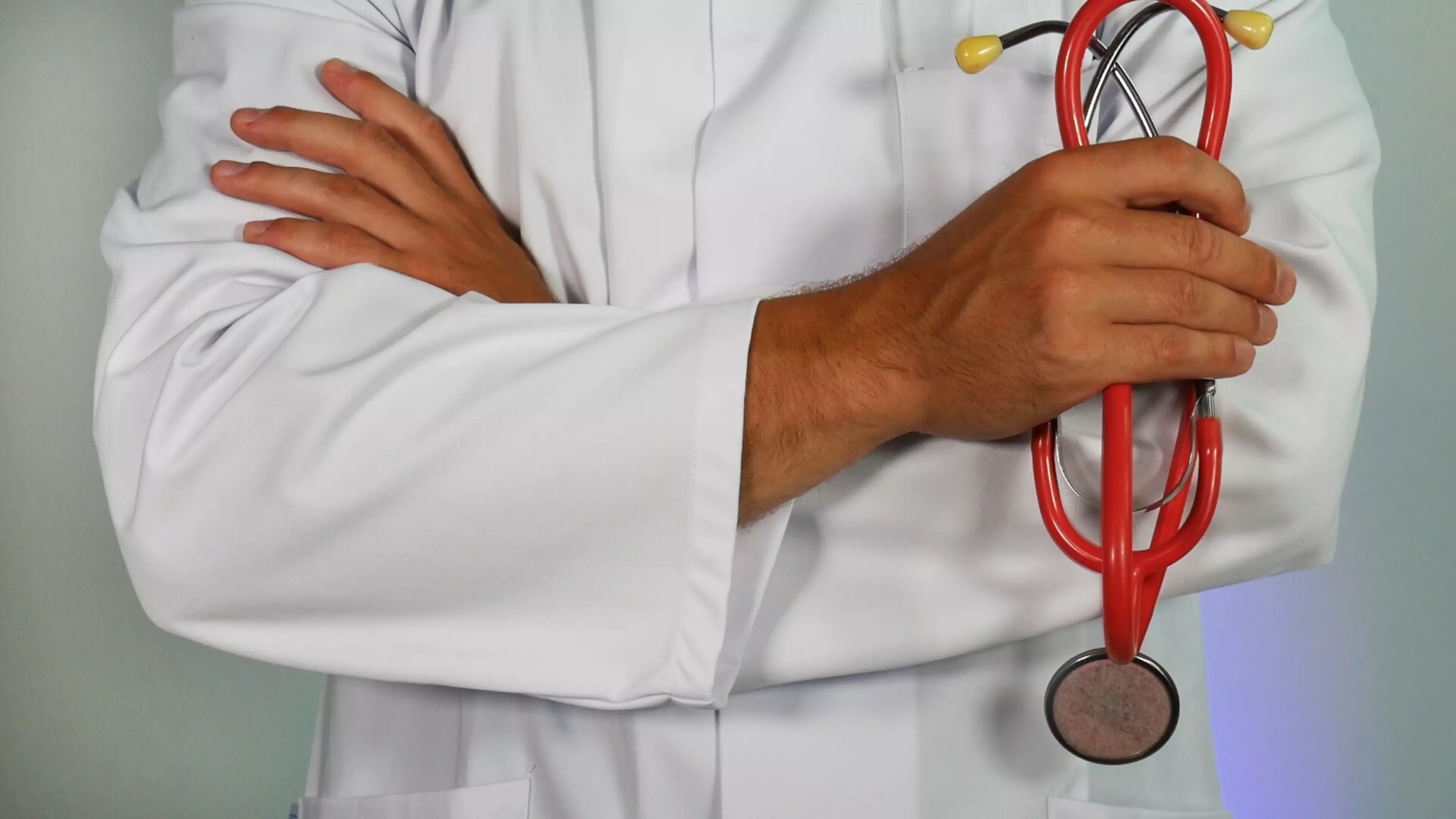
"My generation and older flew under the radar a lot, because people just didn't know what ADHD was, and there are even some GPs now that say they don't believe in it," Lauren explains.
Despite her diagnoses, there are things Lauren likes about her character: "I'm really imaginative, I consume books at a great speed, I'm great at delivering under pressure (because that's the only way I've learned how to perform in the first place), I'm passionate about things, and I'm very loving and excitable."
Lauren, now married, says that medication "transformed" her life, and she's learnt steps to help manage her ADHD: "I follow up every meeting with an email with a recap and ask people to fill in any blanks, I have to make a task list every morning so that things don't fall off the radar, and I've learnt to be more upfront about my abilities and set expectations."
Lauren's story echoes that of many: 92 per cent of ADHD sufferers said that a diagnosis has improved their life. Here's hoping, with time, more can be done to acknowledge ADHD in adults with the same seriousness it is with children.
For support and advice on ADHD, visit here.
Topics: Life News, health news